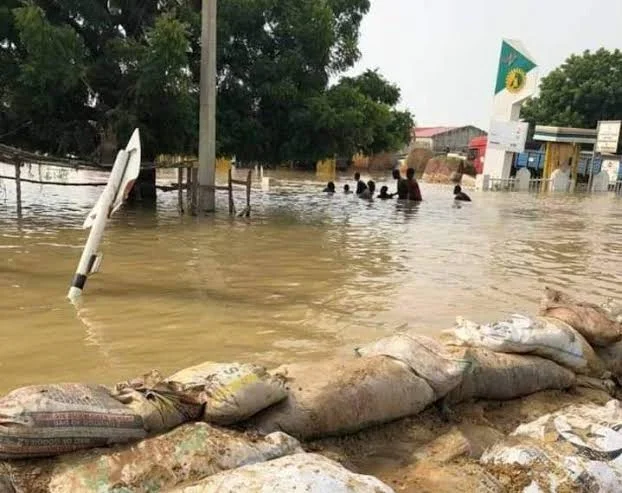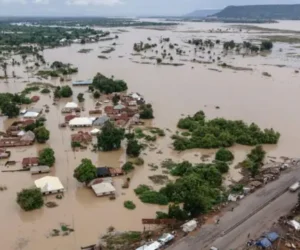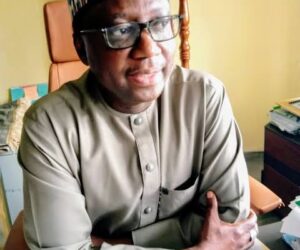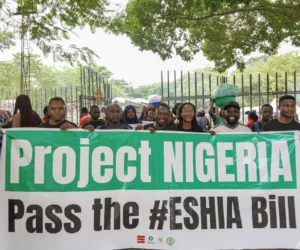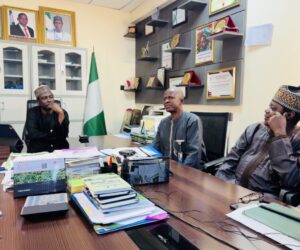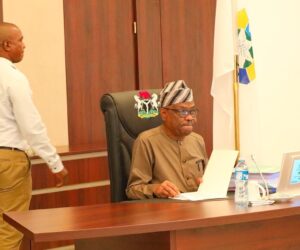By Abigael Joshu
The Federal Ministry of Environment has reviewed the National Erosion and Flood Control Policy (NEFCOP) to strengthen the national framework for erosion and flood management in the country.
Mr Mahmud Kambari, the Permanent Secretary in the Ministry of Environment said this at a National Stakeholders’ Validation Workshop on the review of NEFCOP.
The workshop was organised by the Federal Ministry of Environment in collaboration with Agro-Climatic Resilience in Semi-Arid Landscape (ACReSAL) Project, supported by the World Bank.
According to Kambari, due to lapses in time and changing circumstances, the Federal Ministry of Environment is embarking on the review of the NEFCOP to strengthen the national framework for erosion and flood management.
“You may recall that the national erosion and flood control policy was first developed and launched in 2005 to address the challenges of erosion, flooding, and coastal degradation.
“It is no longer news that environmental hazards have claimed lives, displaced thousands of people, destroyed farmlands, eroded critical infrastructure, and undermined socio-economic development.
“It is clear that erosion and flood challenges are not merely environmental issues; they are also developmental, social, and economic challenges,” he said.
Kambari reiterated that the workshop, marked another milestone in Nigeria’s collective efforts to institutionalise a coordinated and evidence-based approach to erosion and flood management in Nigeria.
“The National Erosion and Flood Control Policy and its associated documents, being validated today, represents a holistic national framework.
‘It aimed at preventing and mitigating the impact of erosion and flooding and promoting integrated land and water resource management amongst all.
“Let us ensure that the policy and accompanying documents truly reflect our national realities, address the identified gaps, and offer practical solutions that can be implemented across the different ecological and administrative contexts of Nigeria.
“Environmental sustainability is not an option; it is an imperative for our survival and national development.
“So, as we validate these critical policy instruments today, we must also commit to their full implementation, monitoring, and periodic review,” he urged.
Mr Musa Shaibu, a representative of ACReSAL assured support on activities which are associated with flood and erosion control.
“We congratulate you on achieving this milestone and we hope it is going to be a document that will be effective in order to control and checkmate issues that are related with environmental degradation, particularly those that are associated with water flow and issues.
“This document is in line with a number of activities that we are working on in ACReSAL,” Shaibu said.
Mr Usman Bokani, the Director of Erosion, Flood and Coastal Zone Management Department in the Ministry of Environment expressed worry that erosion was threatening livelihoods in many parts of the country.
“Over the years, this environmental hazard has become more frequent and unpleasant
“This review would undergo broad technical consultations and active participation of experts, stakeholders across the country to reflect the current knowledge, integrate modern technology to align with national and international framework and provide practical solutions to erosion and flood management,” Bokani said. (NAN)(www.nannews.ng)
Edited by Sadiya Hamza

